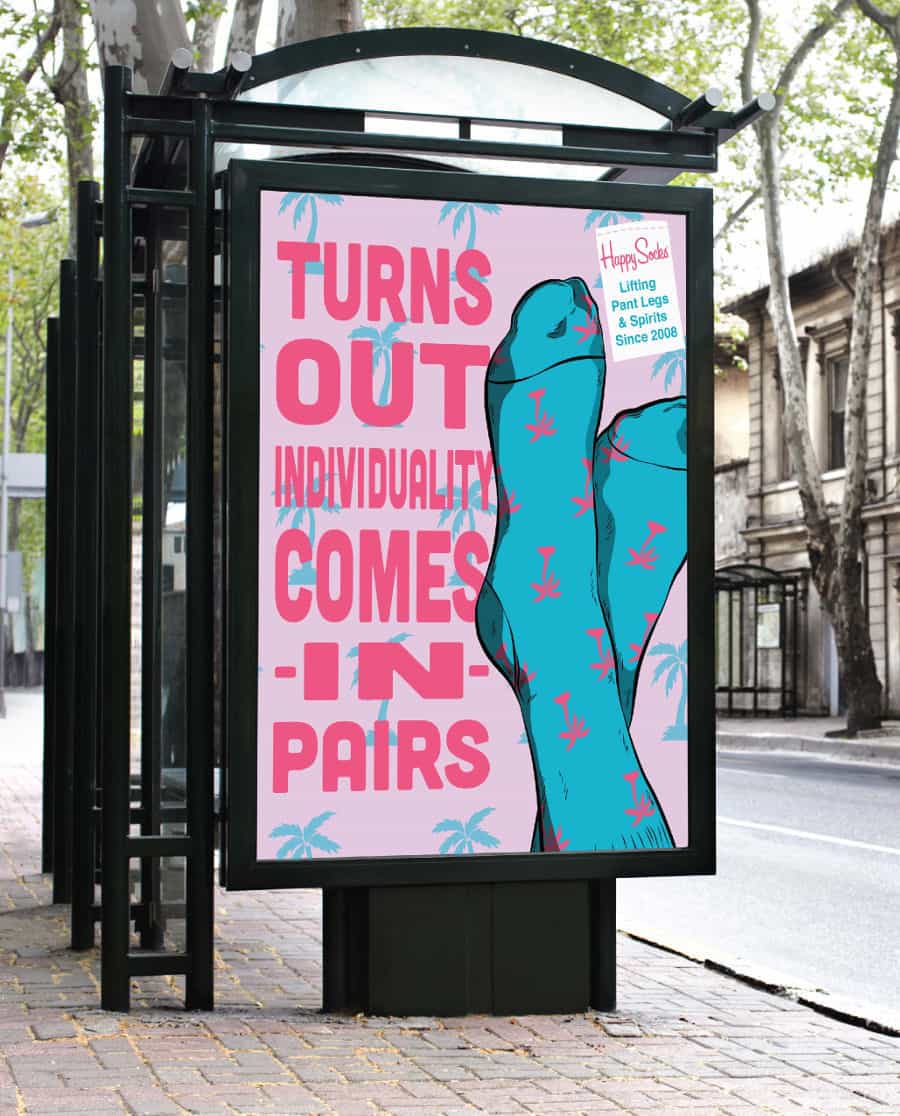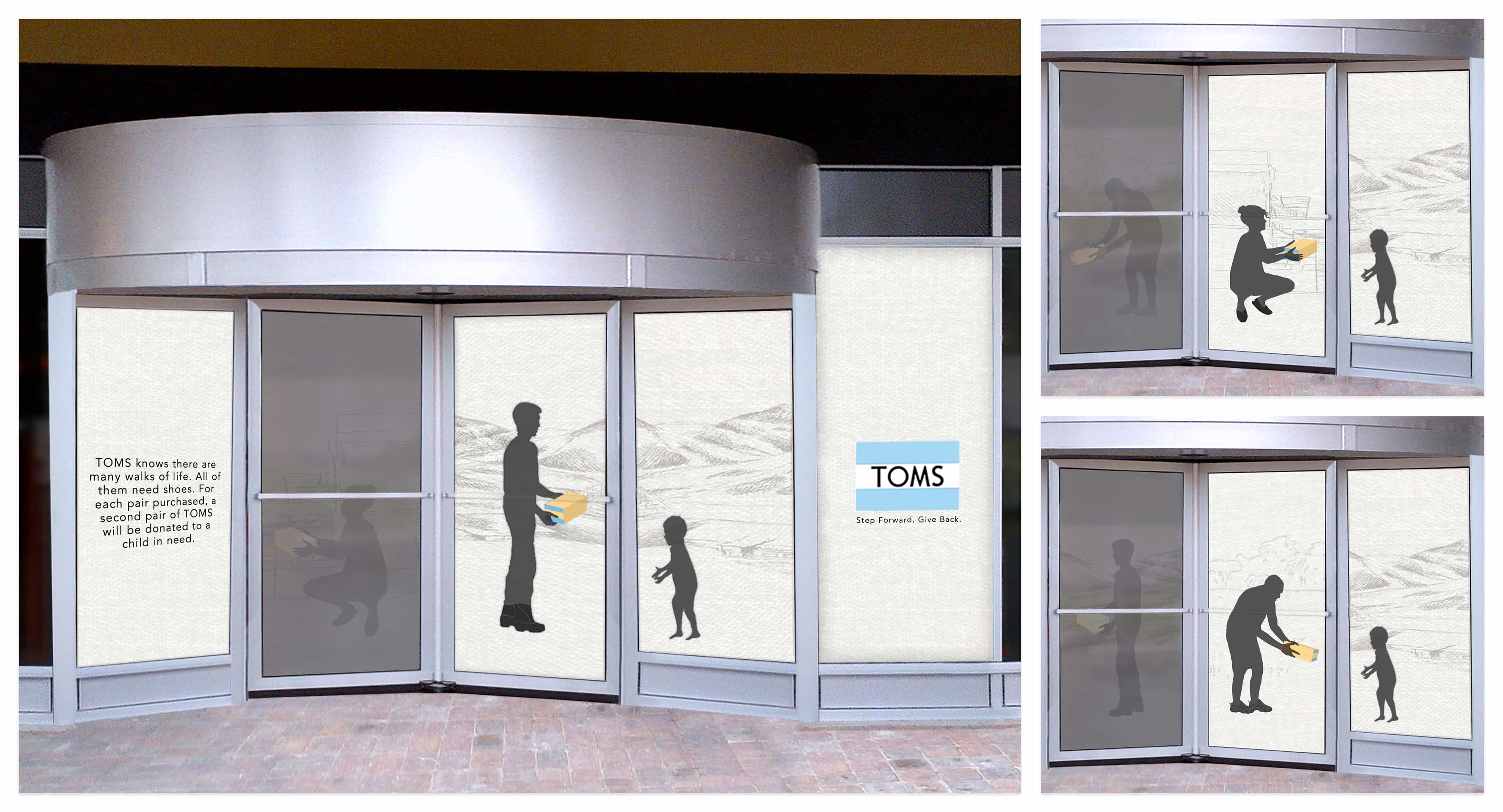In the modern digital age, businesses continue to take advantage of the value that online strategies offer, which allows them to be in tune with the market and build better relationships with their consumers. This prompts prospective employees to be prepared with the right skills that reflects a familiarity with this updated landscape.

Specializing in advertising and design, Portfolio Studio is one of the best places for students to develop the skills they need. Offering courses in copywriting, marketing, and of course portfolio building, the company allows students to become well-versed in specialties every creative should have. Portfolio Studio’s customized programs cater to the unique skillsets of each student. All classes are taught and designed by industry professionals, ensuring that students get the expertise they need to stay up to date on the latest standards.
For Gina Greco, co-founder and director of Portfolio Studio, the goal was to create a productive learning environment that enriched the student experience. The motive isn’t necessarily to replicate the traditional classroom experience, but ensure quality without sacrificing the human factor.
“Our learners don’t want to go back for a 4-year degree and are looking for the customized training they can find at Portfolio Studio,” says Greco.

The interface of Kannu aligns well with the visual nature of Portfolio Studio’s online classrooms. Students use the gallery to comment on each other’s work and share images, articles, links, and other resources. Unlike many MOOCs, the small class sizes (usually six students) are integral to the collaborative nature of the programs, encouraging diverse, well-rounded discussion.
“Kannu’s galleries and forums work well for creatives who can share work with each other,” says Greco. “This allows for the type of feedback that is needed to progress. Our students learn from doing, and doing again and again.”

This model of repetition and refinement is especially appropriate for their students who are seeking creative career paths, such as a copywriter, designer or creative strategist. Many of them are adults who’ve just completed college or are otherwise in the entry-level phase of their careers. At Portfolio Studio, they can build targeted portfolios without the additional hassle and financial burden of spending several semesters on a physical campus again.
Designing a successful online curriculum is no easy task. Removing the physical and time constraints may be convenient, but comes with its own hurdles.
Greco’s experience in a variety of education settings has confronted her with the challenges of adapting creative courses online, acknowledging that there is no “one size fits all” solution. While much of online learning involves independent work, students engage better when course content is facilitated. Because of the subjective nature and lack of a typical grading criteria for such courses, accessibility to instructors is essential to the success of a program.

“Kannu lets an instructor reach out directly to a student with feedback”, she explains. “That works well for our teaching model. A few of our instructors provide video feedback which is an unusual, but effective approach. The challenge is finding the optimal balance between the flexibility of self-directed learning and instructor contact.”
Since online education is relatively new, there is still a wide margin of improvement. Greco anticipates that features such as virtual reality and gamification could help further engagement, and may be potentially implemented in future online education models.

For instructors new to teaching online, Greco advises them to consider the extent of designing and developing a course. A common tendency for many instructors is to underestimate the time required to see a course to its completion, so she recommends creating content one module at a time, and being open to changes that might occur in the future.
An efficient learning management system eases the technical burden on instructors when they’re overseeing a course’s creation and continuous development. Regardless of what new technologies are employed, Greco asserts that the best type of content is instructor-created. This way, the focus remains on how well students are responding and benefiting from the curriculum. The successes of Portfolio Studio’s unconventional and personalized approach is testament to the rewards and growing potential of innovative online education.
